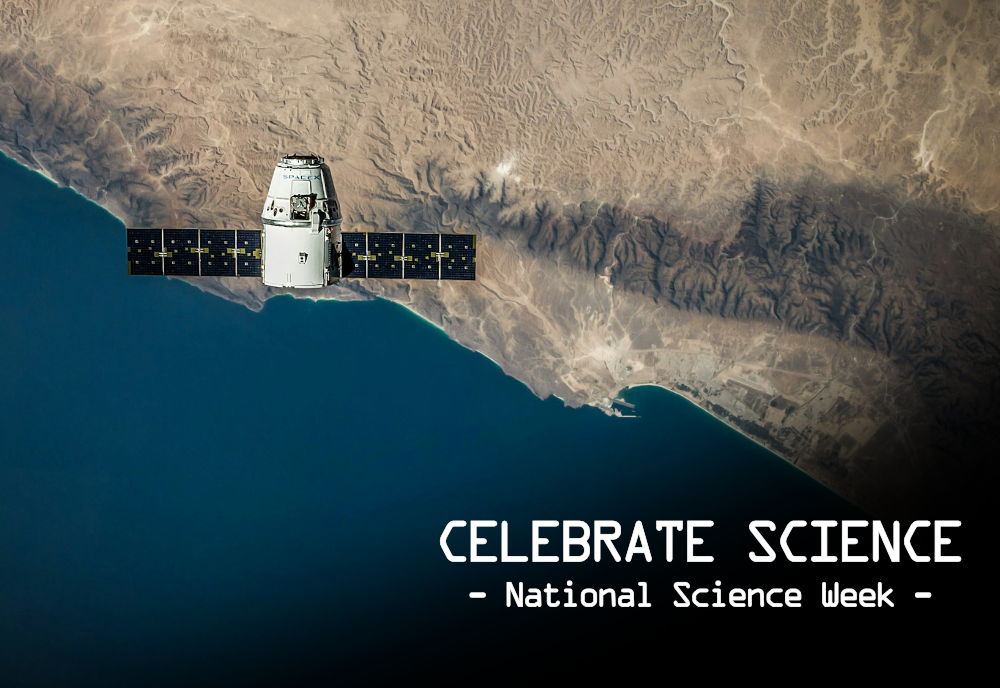This article is part of our ‘Celebrate Science’ feature series to mark National Science Week, 10-18 August 2024.
Science communication aims to describe scientific research and findings to the general public in a persuasive and comprehensive manner. But why does the public need to know about science?
Many reasons have been advanced, including the importance of science knowledge for making informed decisions regarding voting, medical treatments, diet and exercise, avoiding pseudoscience-based scams or hoaxes. However, in this essay I will argue that all such reasons should be subsidiary to the primary goal of increasing scientific knowledge and curiosity about the world for its own sake.
Science is a social activity in which humans collaborate to explore how the world works by developing theories and collecting empirical evidence. While today the original purposes of science can easily become clouded by politics, careerism and media hype, they become easier to discern when looking back in time.
In past centuries, what we would now call scientific research began with the collection of observations and development of simple theories to explain why various things happened the way they did. For example, Socrates sought to understand how to measure the volume of complex shapes, and in doing so developed his law of fluid displacement. Newton asked why terrestrial objects fall downwards, and eventually developed his theory of gravity linking the motion of falling objects on Earth to the orbits of the planets.
What unifies these and other examples of scientific discovery is human curiosity and desire to understand the principles that govern the world – to explain why things happen the way they do.
In today’s pragmatic cultural and political climate, funding for scientific research tends to be justified on the basis of its social value. Students in class, politicians in parliament, and representatives of funding agencies all ask of any scientific knowledge or research: ‘What is the point of this? What applications does it have?’
While such questions are entirely understandable in their contexts, I believe it is a profound mistake to view science as principally valuable for its practical contributions.
The activity of science is not primarily directed towards developing socially useful technologies or applications – this is the domain of fields like engineering, medicine and finance. Rather, the fundamental and defining purpose of science is to advance human understanding of the world by answering our questions about what, how and why. Science is not primarily about satisfying human needs for food, shelter and security, but about satisfying human curiosity in a rigorous and empirically grounded manner.
…the fundamental and defining purpose of science is to advance human understanding of the world by answering our questions about what, how and why.
These lessons regarding the objectives of science are important for science communication. Today, much of what goes by the name of ‘science communication’ involves attempting to change the attitudes and behaviours of the public relating to matters such as vaccines, climate change, genetically modified food, 5G technology and other such topical issues. While such outreach is important, in my view it is more properly understood as social and political advocacy rather than science communication.
This conflation is problematic for two distinct reasons. First, research generally indicates that simply providing people with scientific information (regarding diet, health, climate etc) leads to only modest changes in related behaviours. This should be unsurprising, since human behaviour is affected by many factors beyond someone’s beliefs about scientific matters, including economic incentives, socialisation effects and habit formation. Effective communication of relevant scientific knowledge can certainly assist in behavioural change, but eliciting such changes is really the role of public policy rather than science communication.
Second, I believe linking science communication too strongly with altering public behaviour derives from a misunderstanding of the nature of science. As mentioned previously, science is a set of techniques for learning about the world and how it operates. Such understanding can certainly inform our decisions about what to eat, what medications to take or what climate policies to endorse, but such decisions also depend on social and moral considerations which lie outside the realm of scientific inquiry. For example, no amount of knowledge about climate change and its causes is sufficient to justify any specific government policies without further assumptions about the proper role of government and its role in society.
Science alone cannot tell us how to live our lives or shape our societies. Science communication which obfuscates this key point risks turning science into just one more tool by which powerful institutions or individuals attempt to impose their will on others. This, I believe, is how many people who hold pseudoscientific or anti-science beliefs see much contemporary science communication, not as a tool for understanding the universe, but as a weapon to use in social or political discourse.
The solution to such disengagement and distrust of science is, in my opinion, to focus science communication on the core purposes of science – learning about and understanding the world around us. Many people have an interest in scientific discoveries such as exotic animal behaviours, exciting chemical reactions or images of the cosmos. Many people also naturally wonder about the world around them, asking what something is made of, how it came to be, or why it works as it does.
Science communication should strive to harness this existing curiosity and show how the methods and findings of scientific research can help to answer these questions. It should showcase the mysteries and wonders of nature, and illustrate how science can help us to understand our world better.
I believe that as more people come to respect scientific ways of thinking, they will also become much more amenable to science-based arguments in social, political and health contexts. Of course this will not work for everyone, but I think this approach to science communication is both more fruitful for eliciting engagement with scientific evidence, and truer to the essence of science itself.
Published 16 August 2024.
If you wish to republish this original article, please attribute to Rationale. Click here to find out more about republishing under Creative Commons
Photo by SpaceX on Unsplash.














